How to Socialize a Dog Aggressive Dog
How to Socialize a Dog Aggressive Dog
Introduction
If you have a dog that shows aggression towards other dogs, it can be a tough and worrisome situation. But fear not! With the right socialization techniques, you can help your furry friend overcome their aggression and become more comfortable and friendly around other canines. In this comprehensive guide, we’ll explore effective strategies and tips to successfully socialize a dog-aggressive dog. Remember, it’s all about patience, consistency, and positive reinforcement when it comes to helping your beloved pet become a well-adjusted and sociable companion.
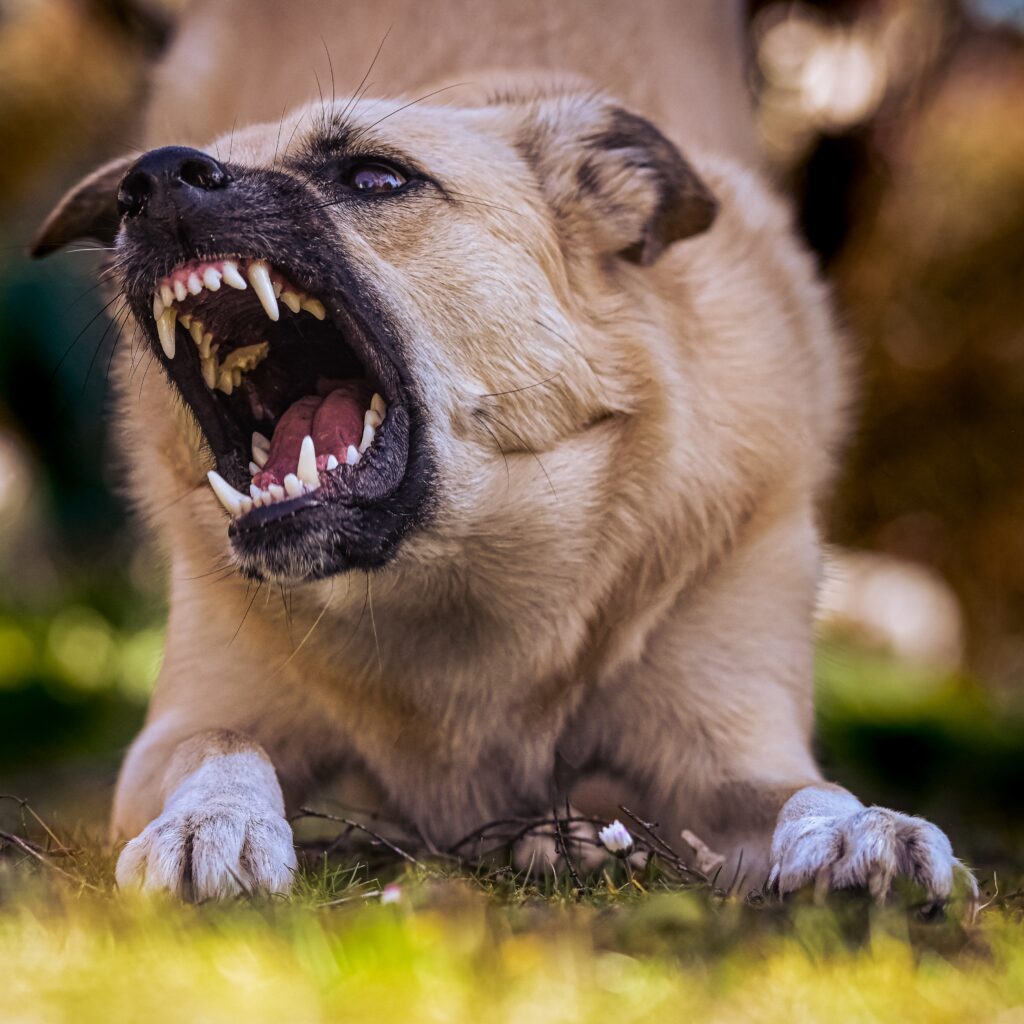
Understanding Dog Aggression
Before we dive into the techniques, it’s important to understand what causes dog aggression. Aggression can stem from fear, past traumatic experiences, protective instincts, or a lack of proper socialization during their critical puppy development phase. Identifying the root cause of your dog’s aggression will help you tailor your approach accordingly.
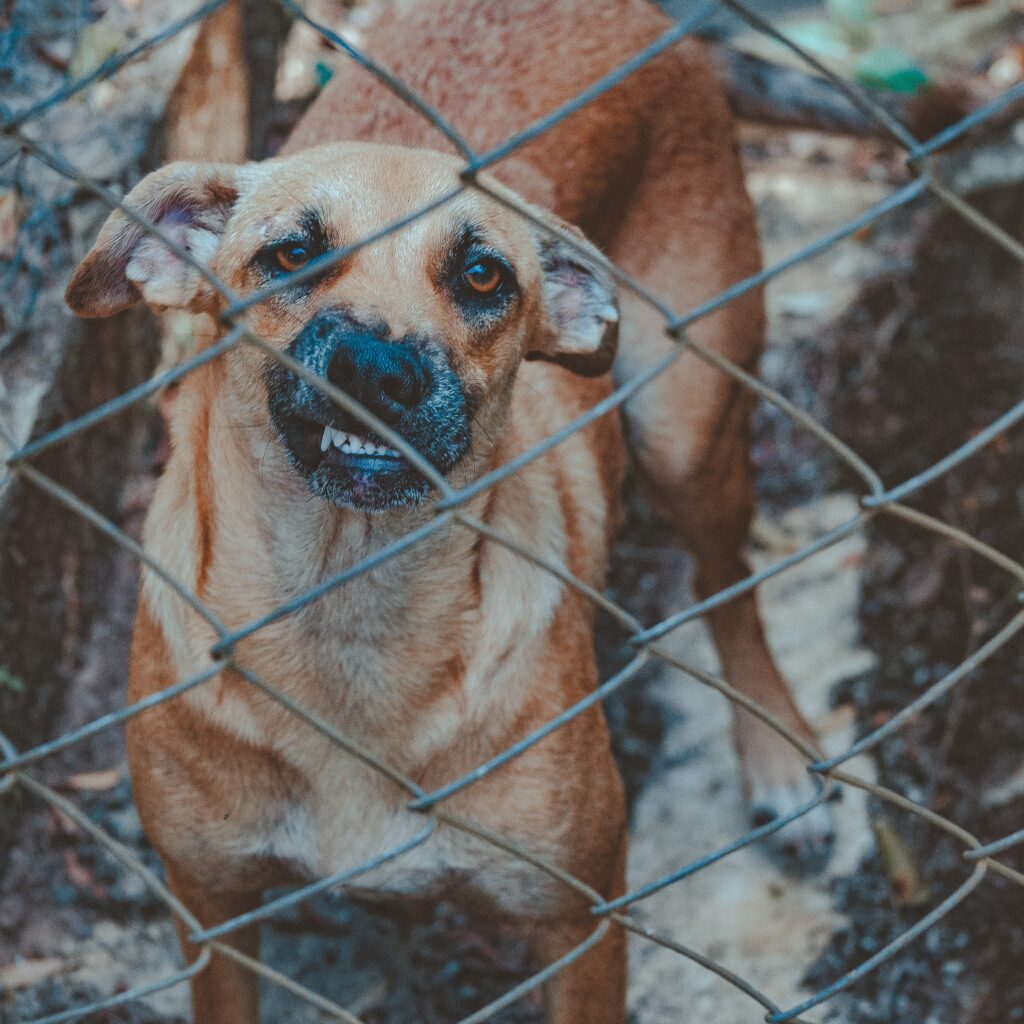
Seek Professional Guidance
Dealing with a dog-aggressive dog can be challenging, so it’s highly recommended to consult a professional dog trainer or behaviorist. These experts have the knowledge and experience to assess your dog’s behavior, develop a customized training plan, and provide you with invaluable advice and support throughout the socialization process.
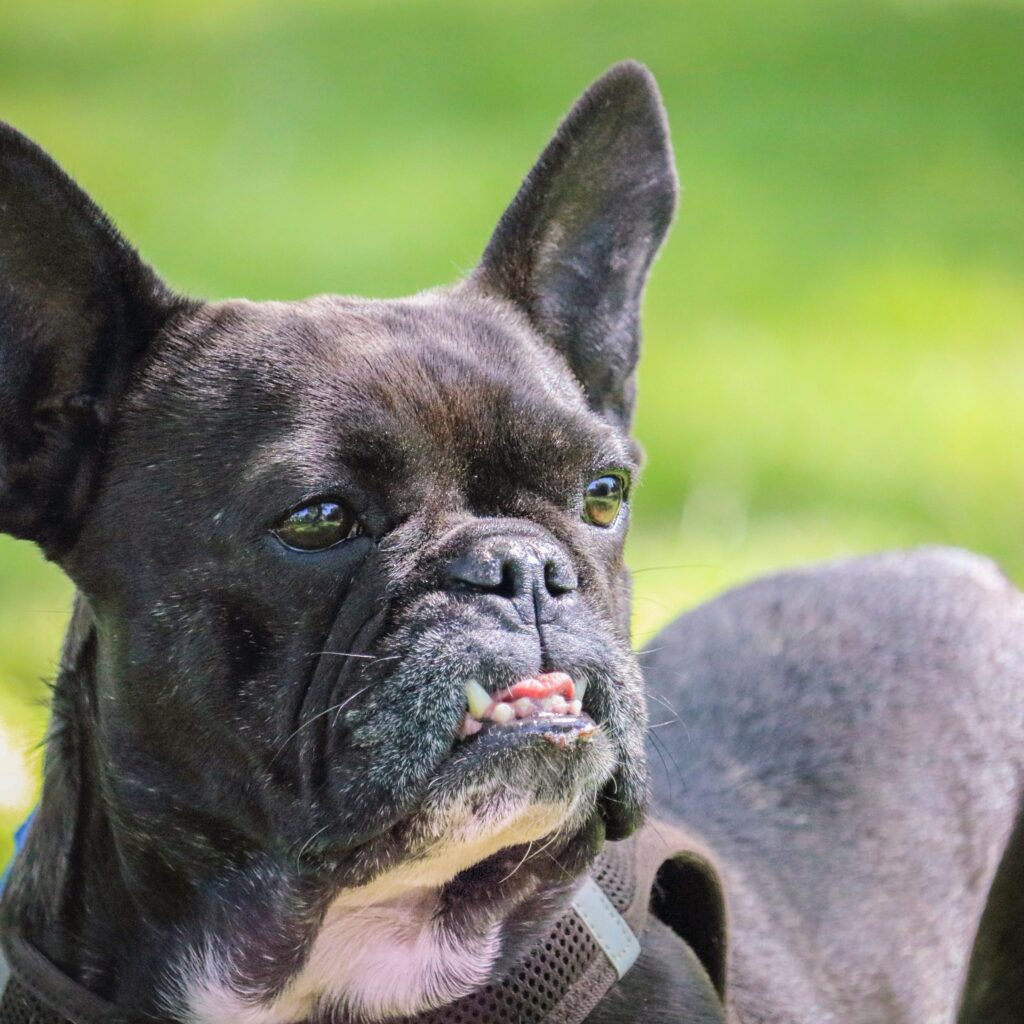
Gradual Exposure to Other Dogs
Start by introducing your dog to other dogs in a controlled and safe environment. Begin with calm, well-behaved dogs known to be friendly and non-threatening. Keep your dog on a leash and ensure both dogs are at a comfortable distance from each other. Gradually decrease the distance, rewarding positive behavior and offering treats to reinforce positive associations.
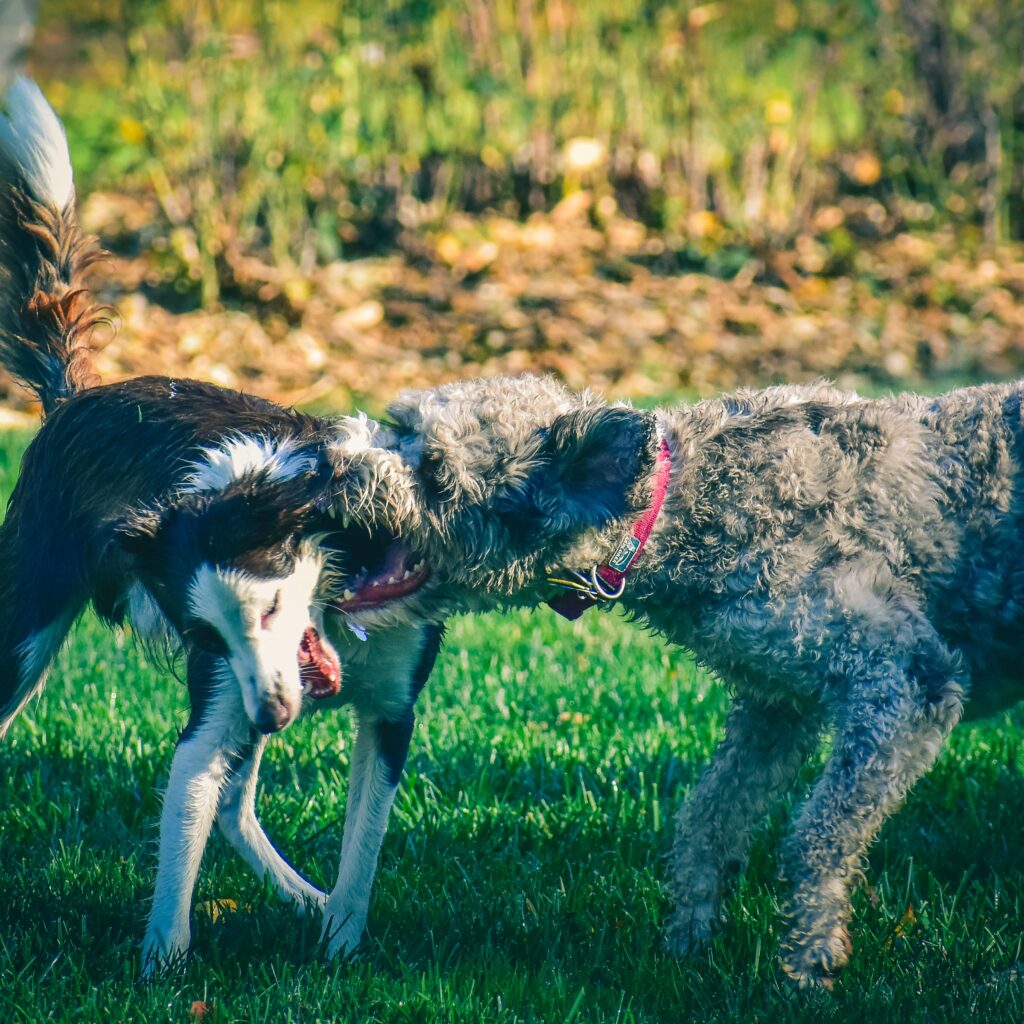
Controlled Environments
Controlled environments like obedience classes or structured playgroups can play a crucial role in socializing a dog-aggressive dog. These settings provide a controlled atmosphere where your dog can interact with other dogs under professional supervision. The experts can guide you on managing interactions and redirecting aggressive behavior in a safe and positive manner.
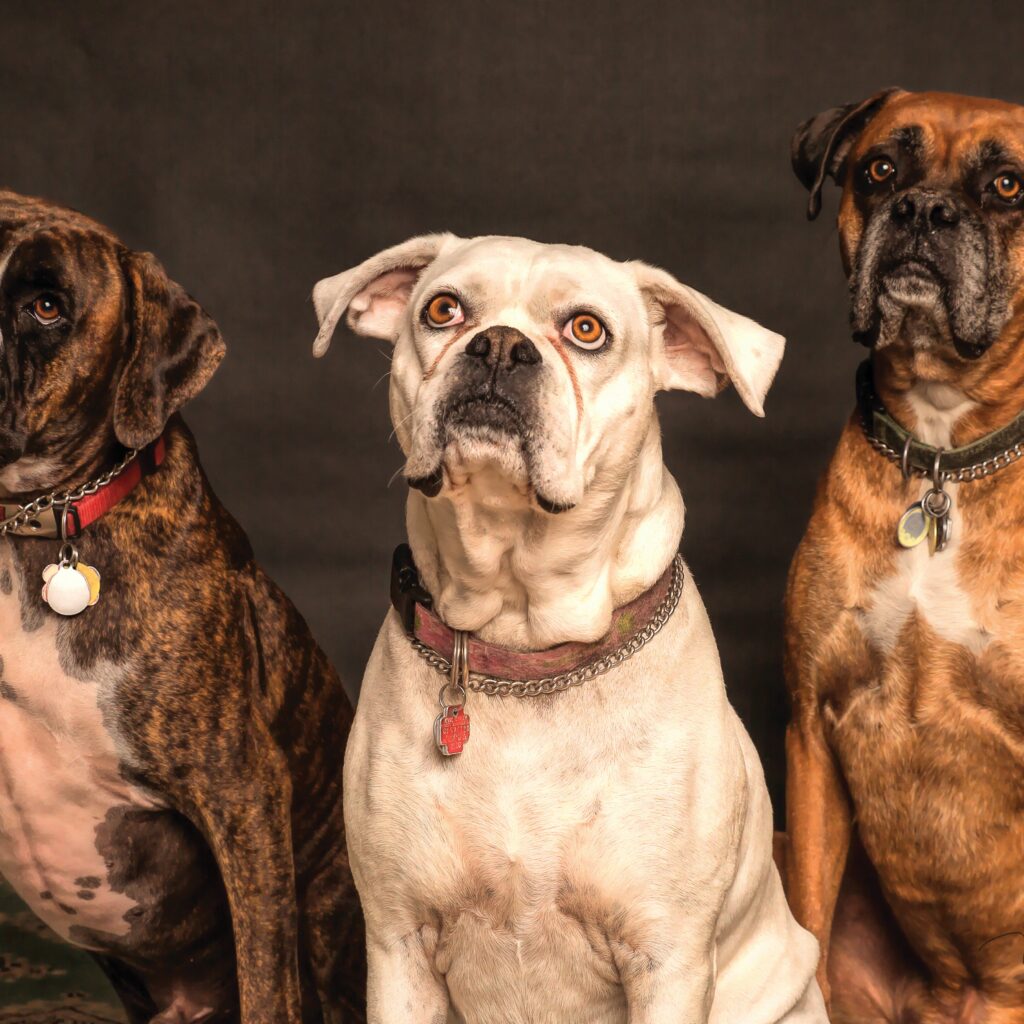
Positive Reinforcement
Positive reinforcement is a powerful tool for modifying behavior. Whenever your dog displays calm and non-aggressive behavior towards other dogs, reward them with praise, treats, or their favorite toy. This positive reinforcement strengthens the desired behavior and helps your dog associate socializing with positive experiences.
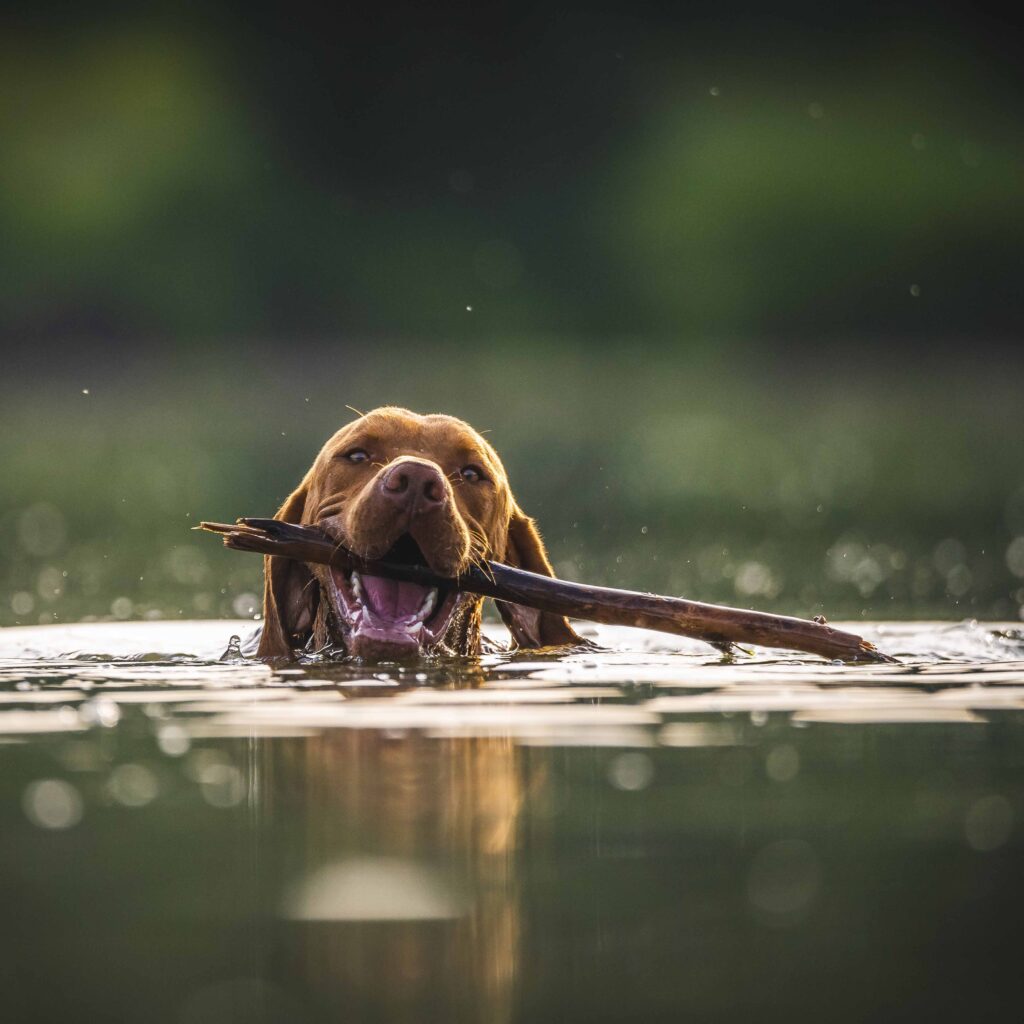
Desensitization and Counterconditioning
Desensitization involves gradually exposing your dog to the triggers that cause their aggressive behavior while keeping them relaxed and positive. Counterconditioning aims to replace the negative emotional response with a positive one. For example, if your dog becomes aggressive when seeing another dog, gradually expose them to other dogs at a distance where they remain calm and reward them for their calm behavior.
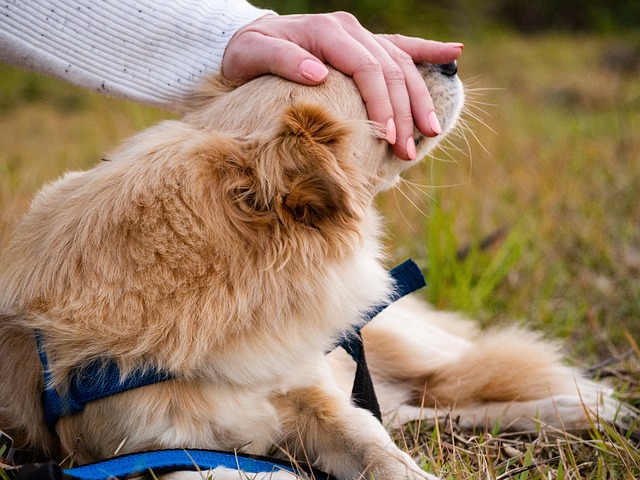
Controlled Leash Walking
Leash walking is a crucial aspect of socialization. Begin by walking your dog in areas with minimal dog traffic. Keep a safe distance from other dogs and reward your dog for walking calmly by your side. As your dog becomes more comfortable, gradually increase the level of exposure to other dogs while maintaining control and ensuring a positive experience.
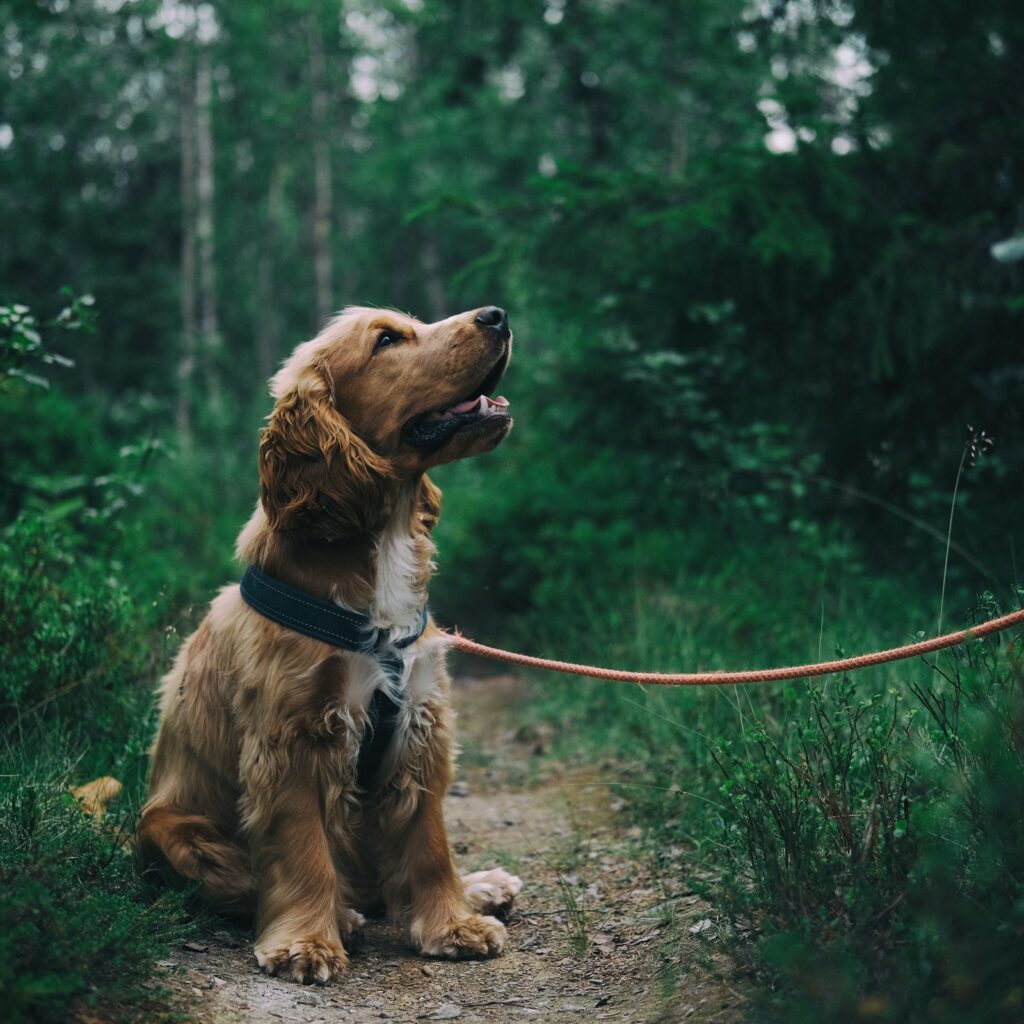
Use Muzzles and Safety Measures
In some cases, using a muzzle can provide an extra layer of safety during the socialization process. Muzzles can prevent potential incidents while still allowing your dog to interact with other dogs under controlled circumstances. Additionally, be aware of your surroundings and avoid situations that may trigger aggression, such as crowded dog parks or overwhelming environments.
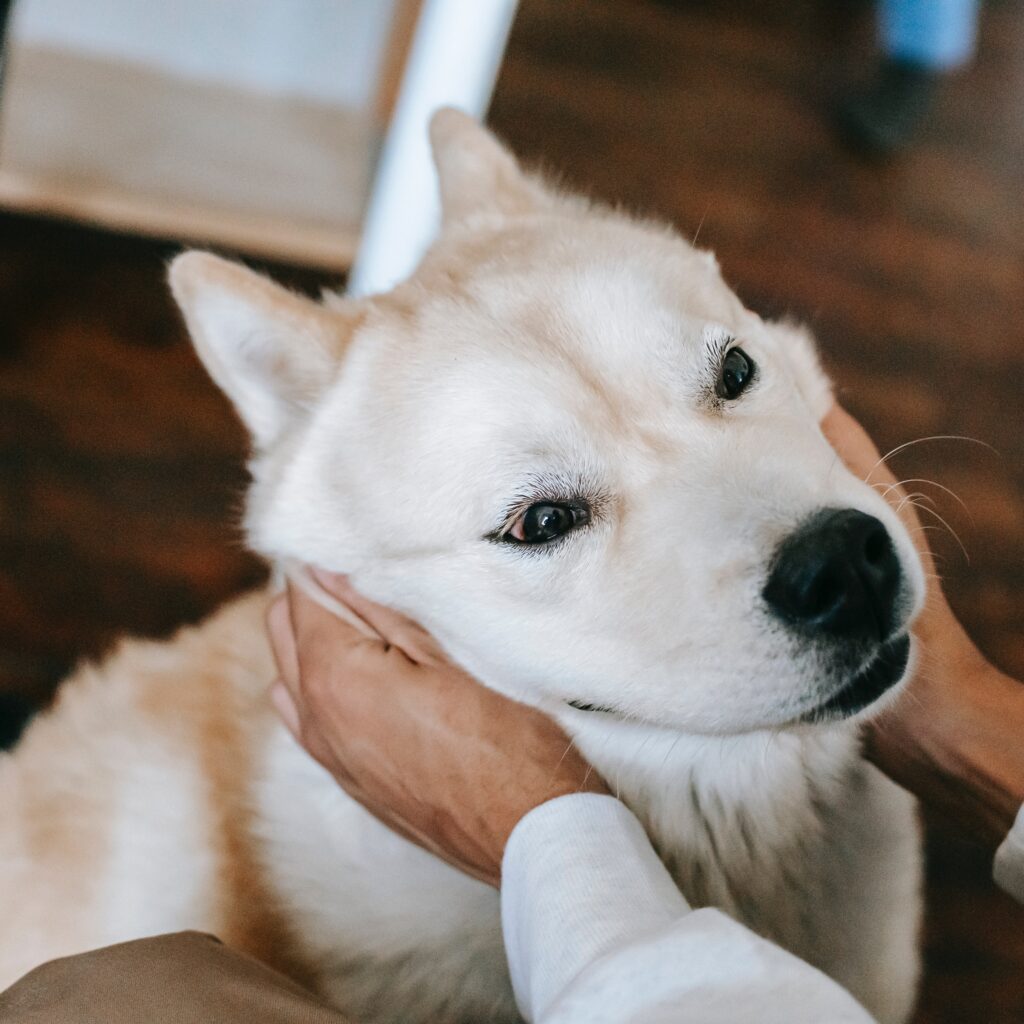
Consistency and Persistence
Consistency and persistence are key throughout the socialization journey with your dog. Make socialization a regular and integral part of their routine, gradually increasing the difficulty level as they make progress. It’s important to remember that progress may be slow and setbacks can occur along the way. Patience is crucial, and it’s essential to continue providing positive experiences and reinforcement. With time and dedication, your dog can overcome their aggression and learn to socialize in a calm and friendly manner with other dogs.

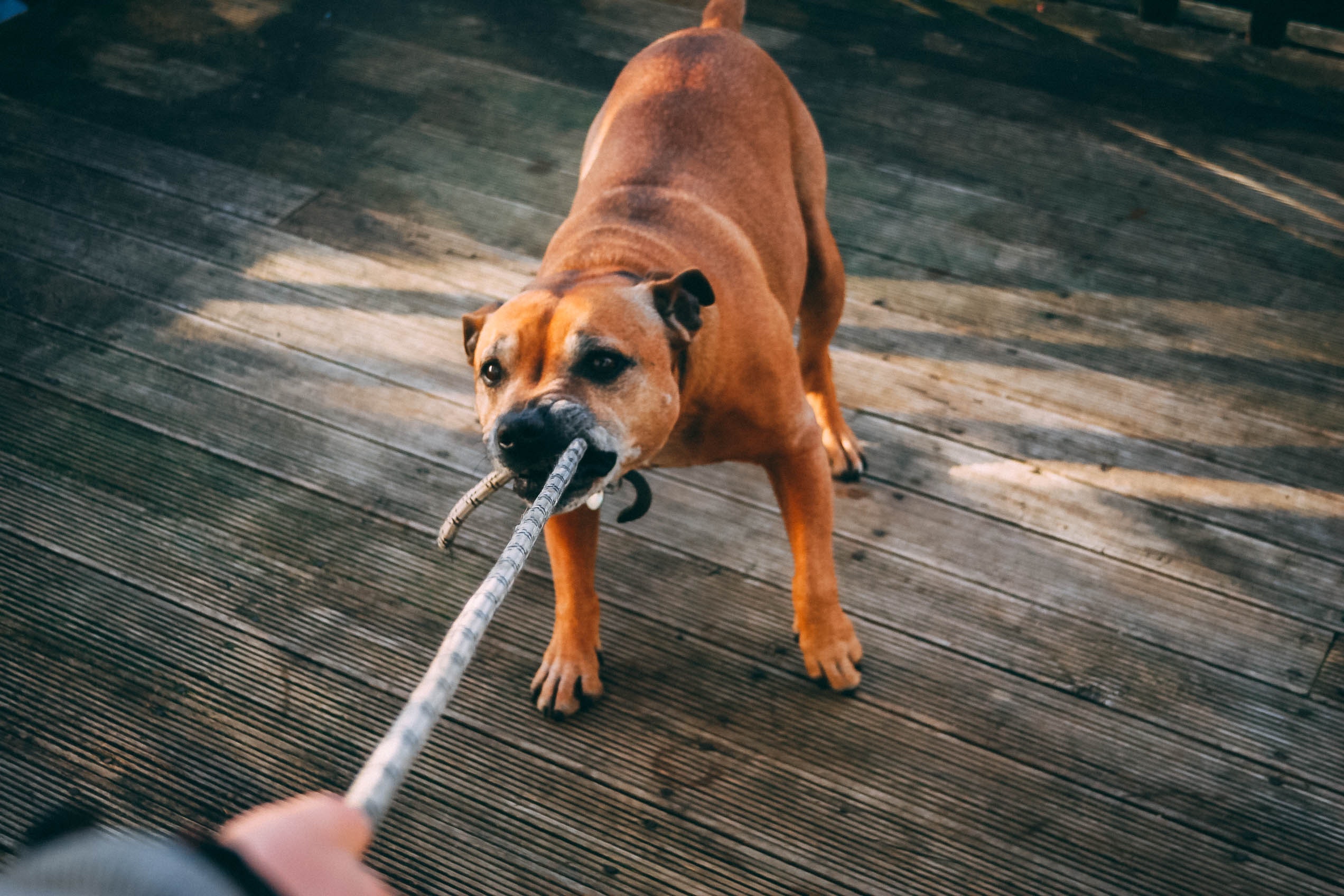

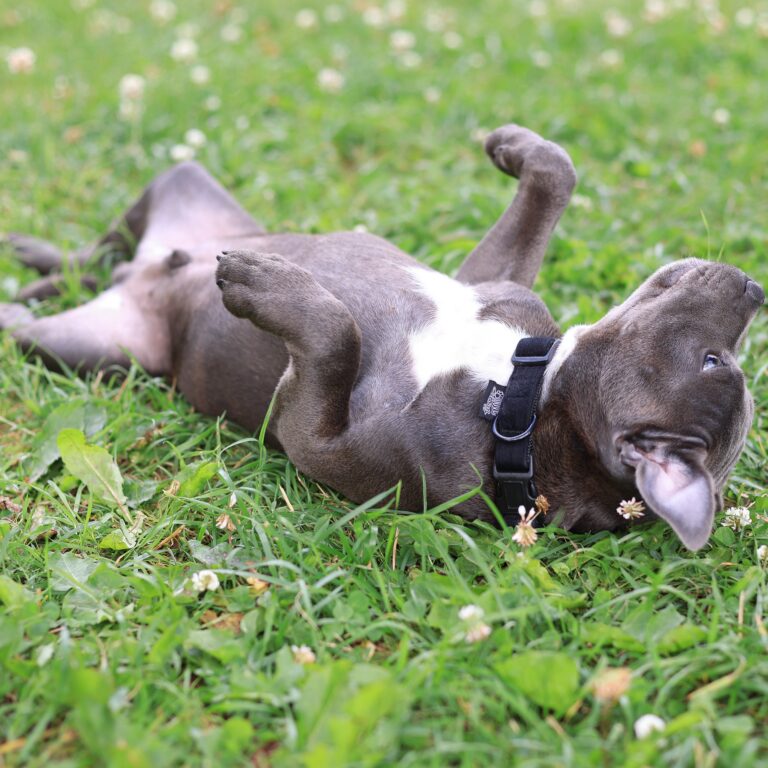
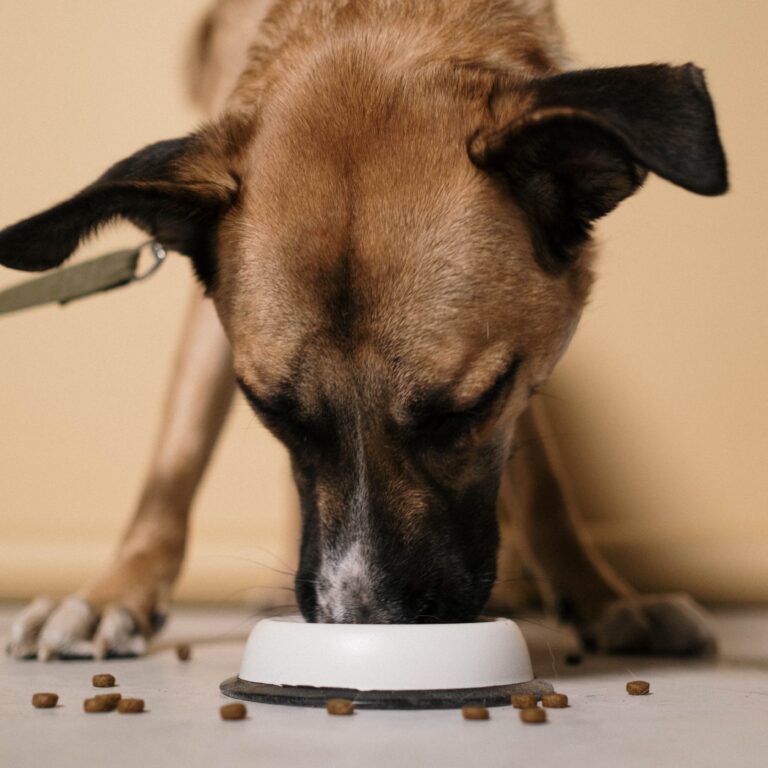
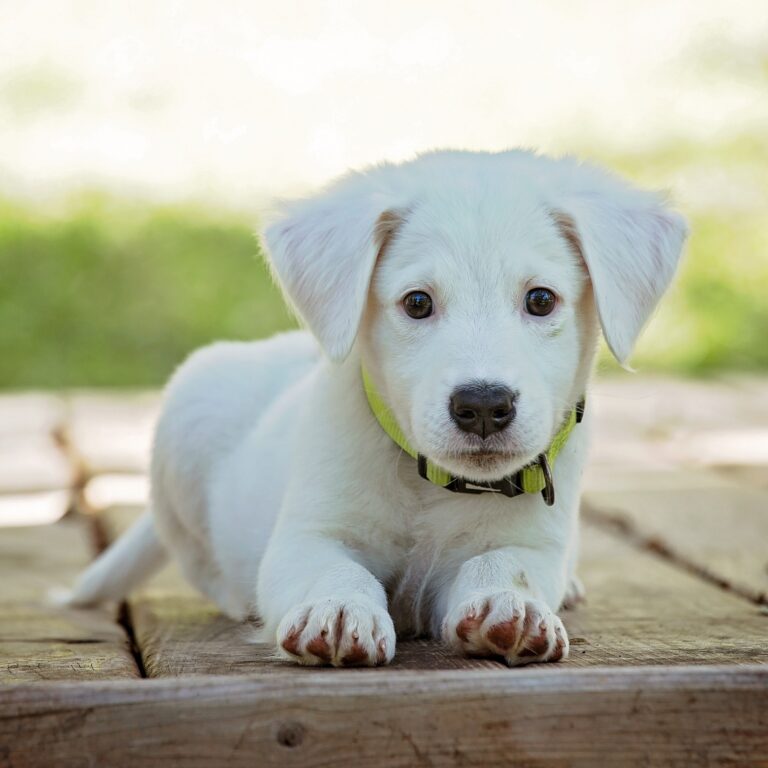
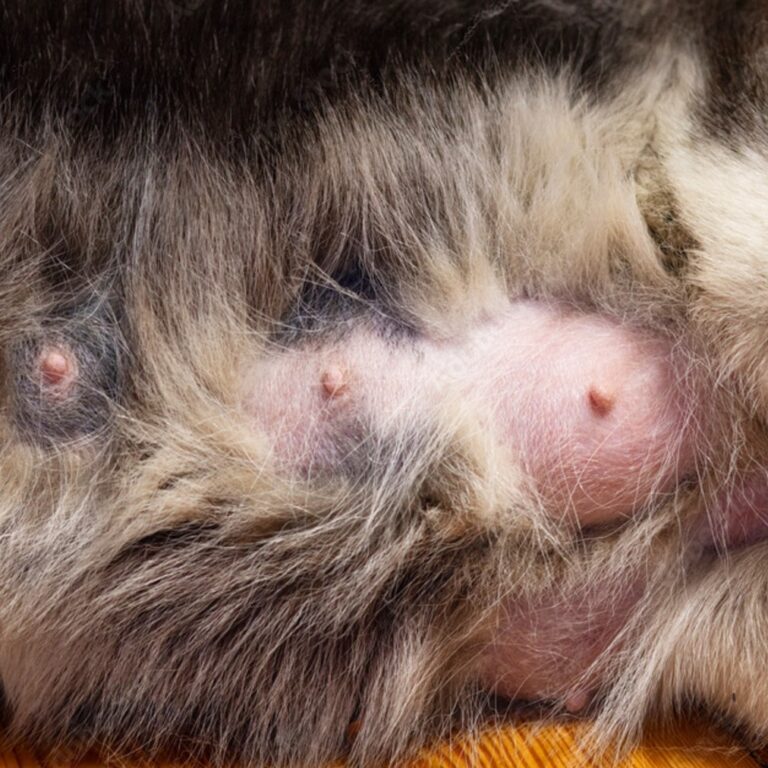
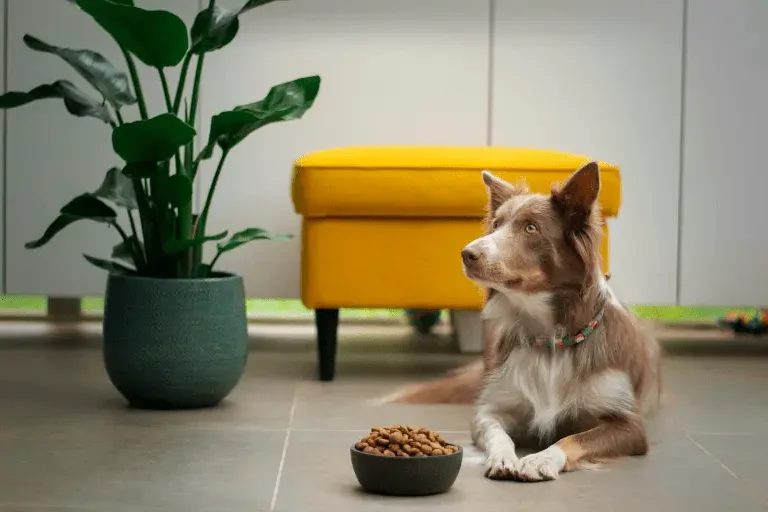
One Comment